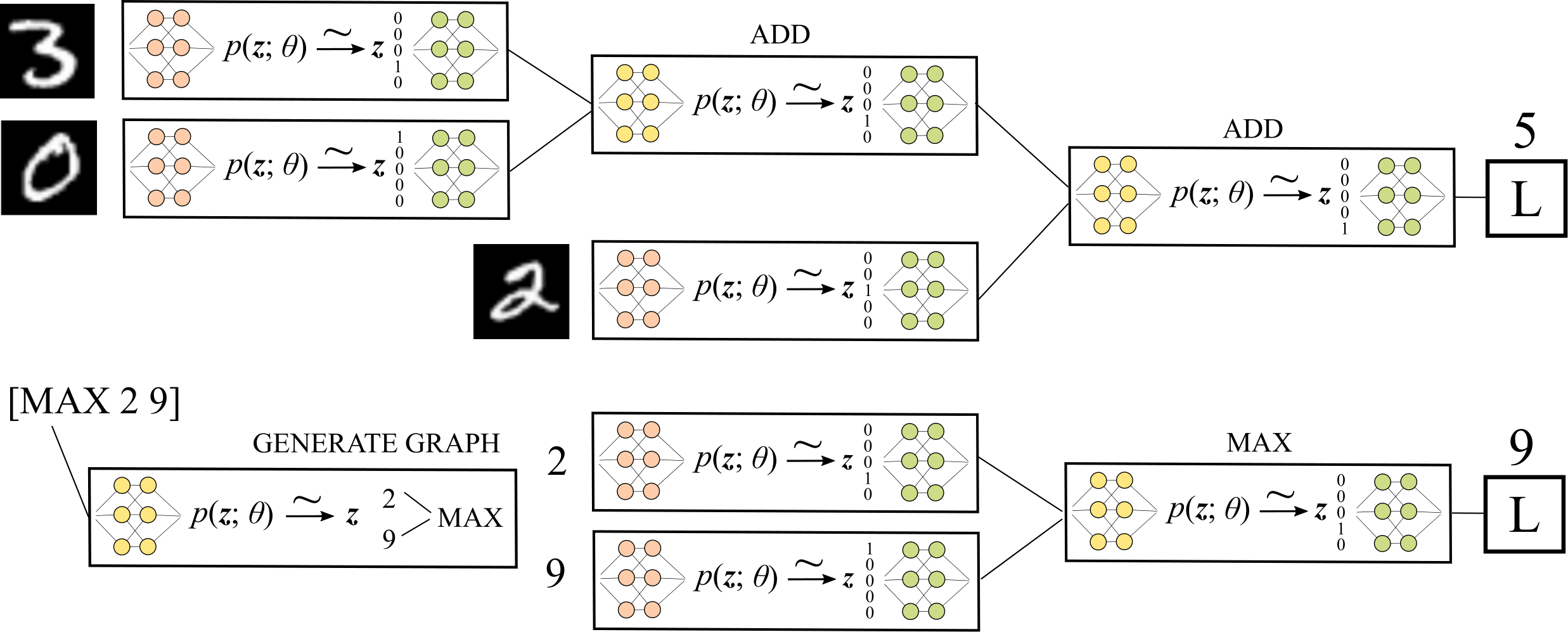Traversing Knowledge Graphs in Vector Space
Path queries on a knowledge graph can be used to answer compositional questions such as "What languages are spoken by people living in Lisbon?". However, knowledge graphs often have missing facts (edges) which disrupts path queries. Recent models for knowledge base completion impute missing facts by embedding knowledge graphs in vector spaces. We show that these models can be recursively applied to answer path queries, but that they suffer from cascading errors. This motivates a new "compositional" training objective, which dramatically improves all models' ability to answer path queries, in some cases more than doubling accuracy. On a standard knowledge base completion task, we also demonstrate that compositional training acts as a novel form of structural regularization, reliably improving performance across all base models (reducing errors by up to 43%) and achieving new state-of-the-art results.
PDF Abstract EMNLP 2015 PDF EMNLP 2015 Abstract


 worksheets/0xfcace41f
worksheets/0xfcace41f